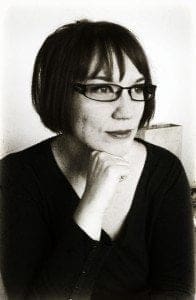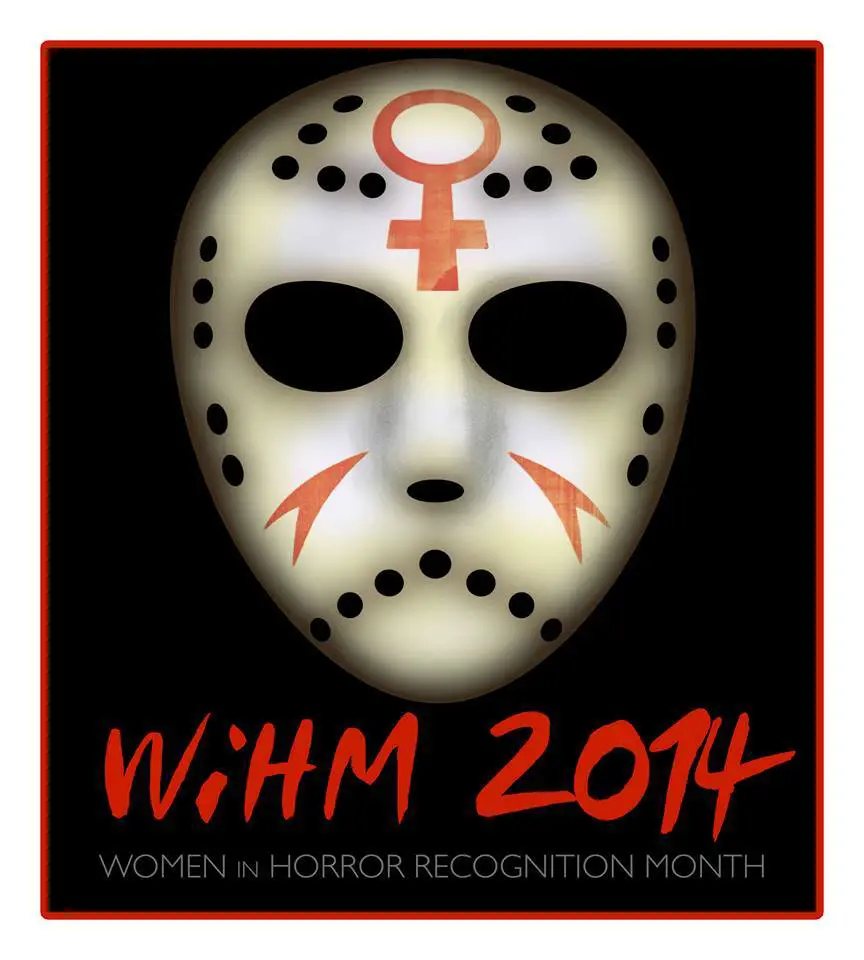Story Worms: Literary Conventions

This month, I attended my first literary convention: Edge Lit, an annual science fiction, fantasy, and horror convention in Derby, UK. The event was packed full of panel discussions, workshops and book launches, and even boasted a guestlist including Charles Stross and Joe Abercrombie.
This was a particularly monumental event for me, as I wasn’t just attending as a guest. I was attending as a writer, my name was even included in the programme. KnightWatch Press was launching three of their anthologies there, one of which was ‘Potatoes’ that includes my short story ‘Killing Ghosts’. As part of the book launch, I read an excerpt from it.
Before attending, I read lots of convention advice blog posts, I asked for advice and top tips, and I did my best to follow them. So, armed with my freshly printed business cards, I rocked up to the event and spoke to the first person I met in the doorway. It was a good start.
Due to my involvement in the event, the workshops and panels I could attend were limited, but I managed to catch two panels about horror writing – one on modern ghost stories and one about blending horror with other genres. Armed with my notebook, I wrote down interesting snippets, book recommendations, and soundbites.
I attended a Penny Dreadfuls writing workshop led by horror writer Kim Lakin-Smith. I’ve always been a big fan of gothic horror, and have had some success in writing it, so it was brilliant to complete a workshop and pick up some great tips and tricks. As a mini-practice for my upcoming reading at the book launch, I offered to read what I had written in the class, with Kim making me promise to finish it so that she could read it someday.

At lunch I broke the cardinal convention rule – never eat alone. If I had spotted another attendee eating alone, I would have joined them, and I tried to make myself look as friendly as possible, but in the end it was a blown chance to network.
I picked things back up again after lunch, chatting and befriending some of the other KnightWatch Press writers, including one who had a story in the same anthology as me. I handed out business cards and we promised to keep in touch. I had expected to return home with a whole pile of business cards and people to contact, but I didn’t meet any other writers who had them, which really surprised me. Still, I’ve now connected with some writers who are Edge Lit regulars, so when I go next year I won’t need to eat alone.
Over the following days I’ve got in contact with everyone I met, merely to say hello, it was nice to meet you, but it’s important to make that contact. We’ll follow each other on social networks, we’ll share each other’s posts and maybe get guest blog space on each other’s sites. And that’s what it’s about – making connections that help you along your way.
So here are my top tips for Literary Conventions:
- Have business cards. Make sure the details are up to date, and that the design matches your website. Give people something to remember you by.
- Mark up business cards you get given. Just one sentence scribbled on the back so that you remember who was who.
- If you have a book, have an elevator pitch ready and practised. When people ask what your book is about, they don’t want to be tied up for 20 minutes while you tell them about it.
- If you don’t have a book, have an elevator pitch about yourself. Make it something memorable.
- Take notes in panels and workshops.
- Talk to strangers. It can be scary, but at a convention people are expecting it. And, to be honest, the person you speak to is probably just relieved that you saved them from having to pluck up the courage to talk to you.
- Don’t be there to sell, sell, sell. Be friendly, ask people questions, make good connections. Don’t just thrust your book into people’s faces.
- Don’t eat alone, and don’t go out of the venue to eat. This is your greatest networking space – you can’t talk to people during panels and workshops, and if they’re eating, they can’t run away from you!
- Always follow up with the people you meet. Send them a short message—be it an email or via a social network—just to say that you enjoyed meeting them. And then nurture that relationship, before meeting up with them at the convention next year. You never know who they might introduce you to.














